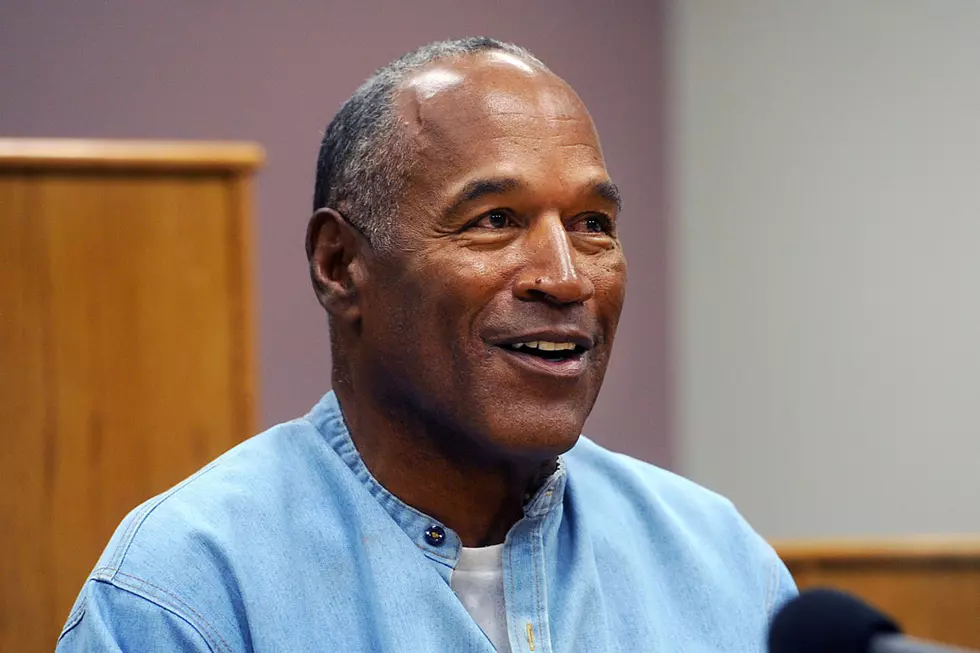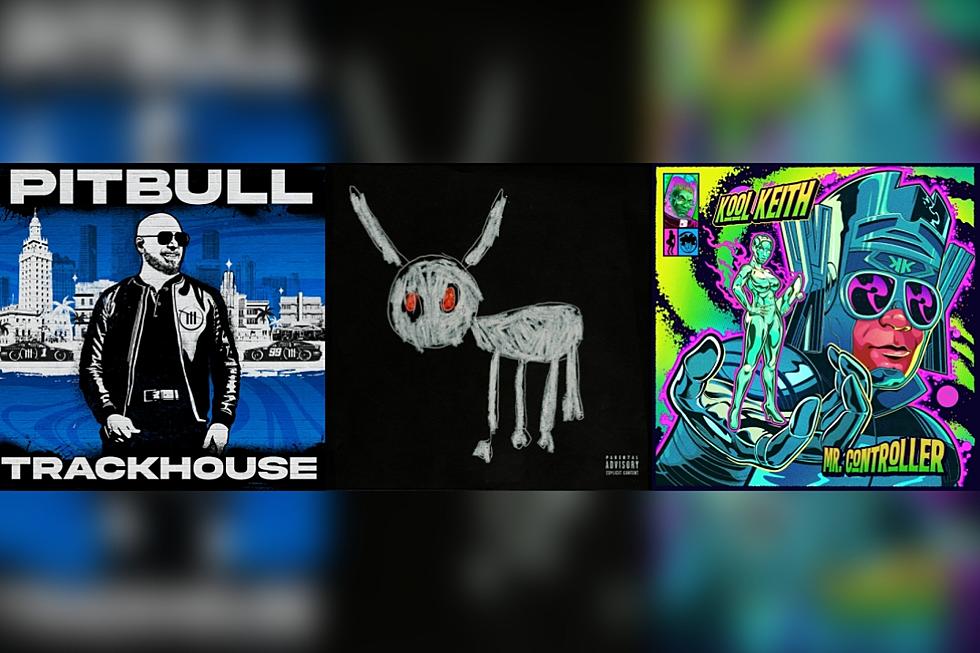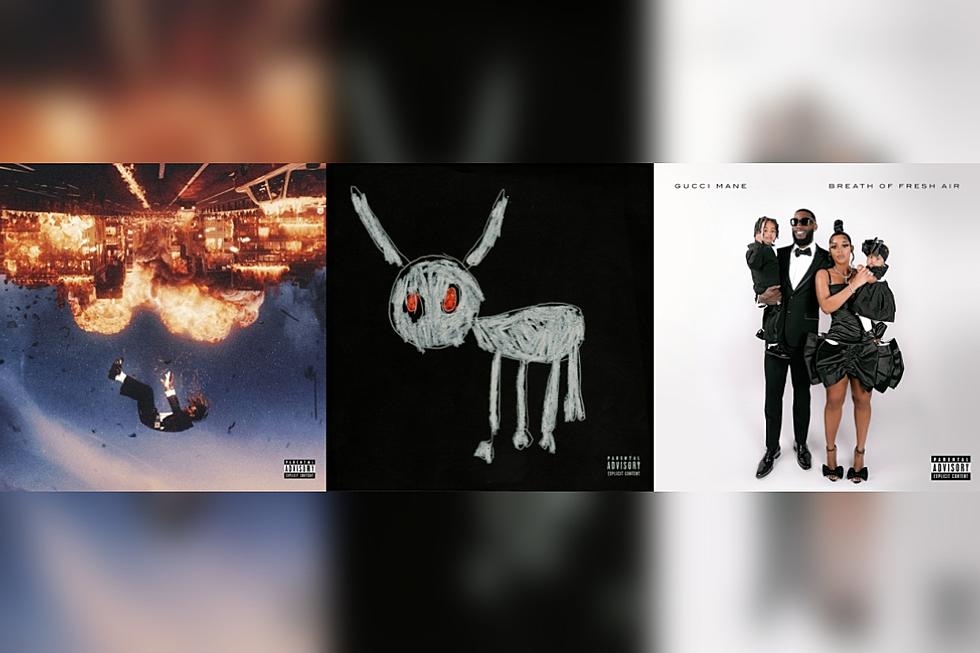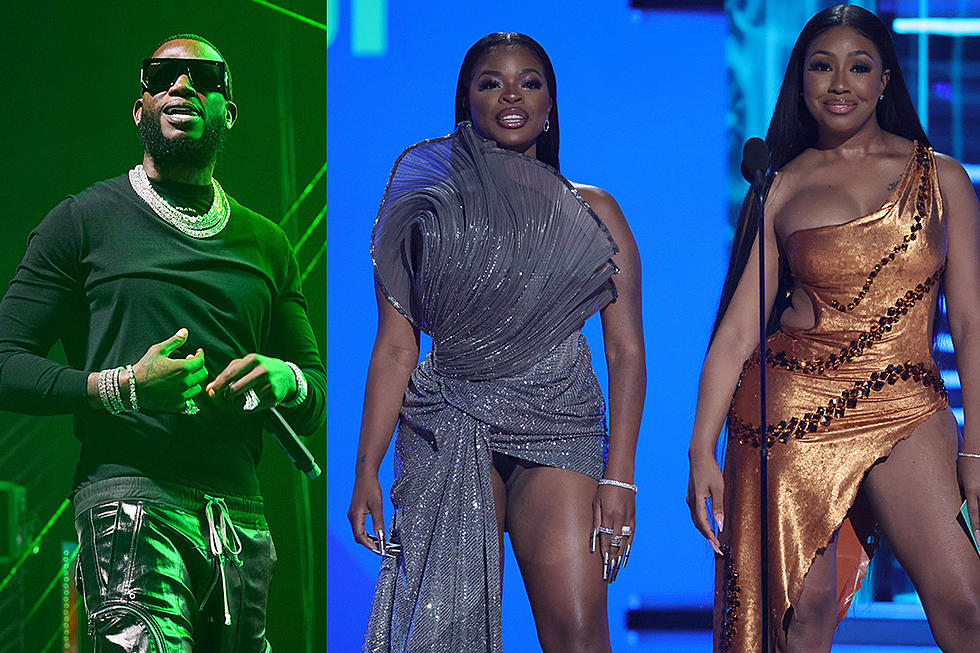
Earl Sweatshirt Doesn’t Disappoint On ‘Doris’
"Free Earl." That was the motto, the creed and the goal. As Odd Future ascended to hip-hop cult hero status in 2010, fans chanted those two words at sold-out shows and plastered them all over the internet, elevating a prodigiously talented teenager with a self-titled EP and a few gross-out videos into a mysterious hip-hop folk hero. He was the perfect type of enigma—angry, ill-defined and far away—but buried inside the phrase "Free Earl" was a question: What would Earl do with his freedom? The events that came next—the discovery of his location, the New Yorker profile, the tentative return—didn't answer that question as much as complicate it. His appearances on the OF Tape Vol. 2 and Frank Ocean's Channel Orange were tantalizing but incomplete portraits of a talent in transition. A new question emerged: What comes after freedom?
Reflection, apparently. While Tyler was always Odd Future's yammering id, Earl often played the role of the meticulous, cautious ego. Even when he was rapping about cutting up bodies, he did it with a widened smirk, his deadpan cadence calling attention to the absurdity of his claims and the intricacy of his rhymes. That reluctant curiosity has only expanded on Doris, Earl's first full-length for Columbia and his official return to music. Coming after a week that saw one of rap's most gifted technicians drop a single verse that left his contemporaries reeling, Earl's verbal pyrotechnics might seem less confrontational and competitive by comparison; that's because they are. This is not an album that's concerned with making an argument for its own importance.
Given Earl's status as an almost mythical figure, it makes sense that his debut full-length would aim to bring him back down to Earth a little bit. It's a sedentary record, forgoing the violent, kinetic qualities of his early raps for a couch-bound aesthetic that feels both therapeutic and playful. "Sitting on the sofa feeling high and dormant," he raps on the lush, Neptunes-produced "Burgundy," and it's a feeling that he pursues throughout the album like a Dorito caught between the cushions.
For every stoned, tossed-off observation there's another moment of startling emotional potency. On tracks like "Chum" and the Frank Ocean-assisted "Sunday," he raps about his troubled relationship with his father and his struggles with fame in an unflinching, wounded manner. Even when describing feelings of ambiguity and confusion, his lyrics are always specific ("It's probably been 12 years since my father left, left me fatherless/And I just used to say I hate him in dishonest jest") and vividly direct ("I don't know why it's difficult to admit that I miss you"). He stacks words effortlessly, setting up internal rhymes and double entendres with a shrug-filled nonchalant attitude. The bustling, DOOM-like beats swirl around him, making room for Earl and his guests to say their parts.
Despite the album's sealed-off, hermetic quality, Earl is welcoming to outside guests and collaborators—maybe too welcoming. Tyler is still playing the petulant man-child on "Sasquatch," taunting One Direction fans, cracking groan-worthy jokes about Chris Brown and starting shit. His talents are better served as a producer on tracks like "Whoa" where he's relegated to the role of hook-delivering hype-man, egging on Earl to return to the grisly antics of his youth. Earl obliges to a certain extent ("Still in the business of smacking up little rappers with racquets you play tennis with"), but he doesn't sound fully invested in revisiting the Jackass-inspired anarchy that made him famous. Invigorating appearances by like-minded wordsmiths like Vince Staples and Domo Genesis on tracks like "20 Wave Caps," "Hive" and "Centurion" strengthen the album, but the drop-in from Mac Miller ("Guild") goes on too long, fizzling out in a haze of smoke.
As one might expect from a 19-year-old, this is an album of extremes. It can be poignant and honest in one moment, then cagey and distant in the next. After a bracing opening, the album takes some odd and adventurous detours in its second half, particularly on sinister tracks like "Hoarse," a post-apocalyptic gunslinger banger, all creaking organs, scratchy guitars and pounding drums. It's unsettling in its studied minimalism, like the spaghetti western cousin of Ka's recent noir-rap opus, The Knight's Gambit. "Molasses," the album's RZA collaboration, is similarly unhinged. Taken together, these sketches and mumbles present a portrait of an artist as a young couch potato, drifting in and out of his own twisted day-dreams while struggling to keep his feet firmly planted on the ground. It's not always focused, and it's not always perfect, but that's what real freedom feels like.
More From XXL









